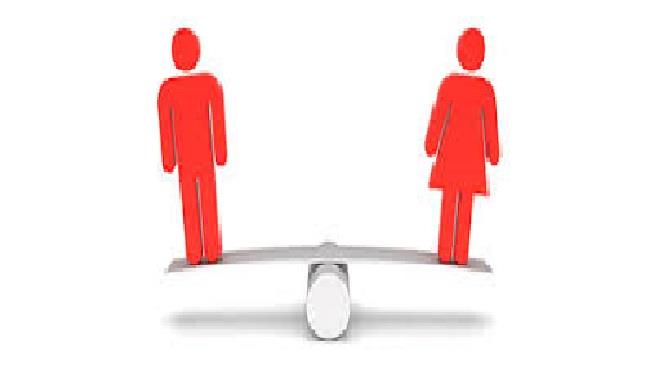Stereotype survey to push for gender bill assent
Legislative aides are working on reports of surveys into men and gender equality to help push legislation to back the Gender Equality Bill before the National Assembly. The surveys, by Voices for Change, found out that norms about gender roles in households were restrictive among equally high proportion of men and women, and that they […]


Legislative aides are working on reports of surveys into men and gender equality to help push legislation to back the Gender Equality Bill before the National Assembly.
The surveys, by Voices for Change, found out that norms about gender roles in households were restrictive among equally high proportion of men and women, and that they also put too much strain on individual capacities.
Emmanuel Ukeru, member of the Senate Committee on Judiciary, Human Rights and Legal Matters, said the report specifically highlighted various stereotypes in gender relations between men and women and how both sexes were battling such stereotypes.
“We have found verifiable scientific basis to advocate for legislations that will mainstream gender equality at the level of the National Assembly,” Ukeru said, at a workshop for legislative aides and clerks in Abuja.
He noted “great prospect” for the report to positively affect the Gender Equality Bill, but said it must first scale three conditions.
“First, provide the empirical scientific basis for us to approach the legislators to promote gender balance. Secondly, you have to do advocacy to educate the masses at the grassroots on the reason why women should be given equal opportunity and then, thirdly, which is the most important, is to also sensitize those who are behind the enforcement of laws that tend to promote gender equity because if you don’t educate them, it might just remain on paper,” said Ukeru.
Fatima Jiddum, assistant chief legislative officer in the Senate, called the report findings “a fair reflection of what is obtainable in Nigeria, based on our norms and culture.”
She noted that gender equality cannot be imported from the Western world wholesale but must be tailored to the ‘dynamic notions and perceptions of Nigerians.”
